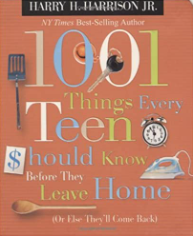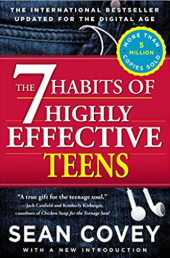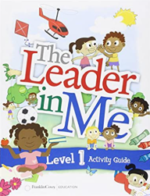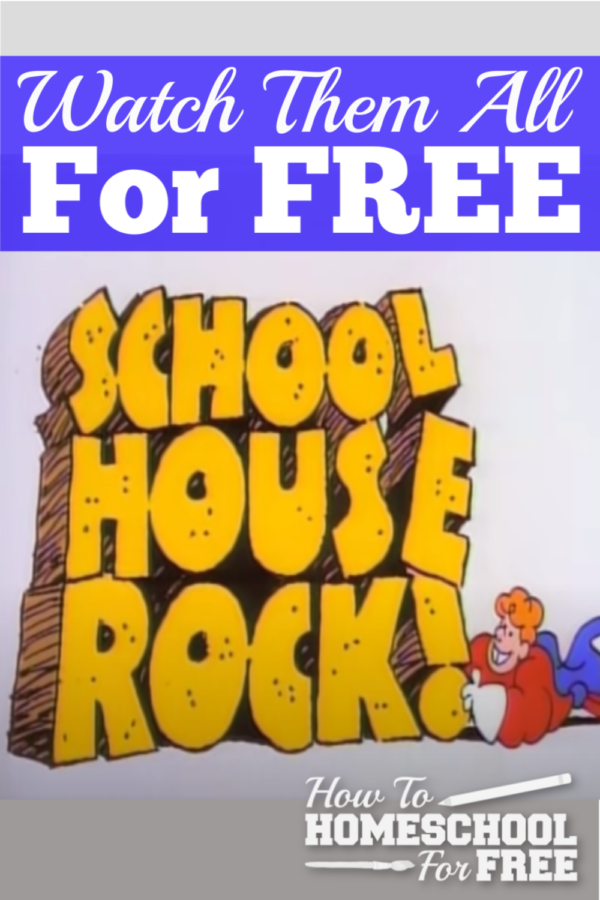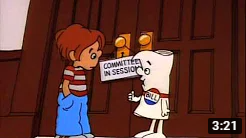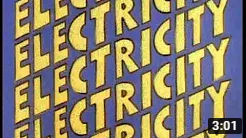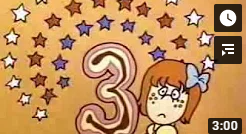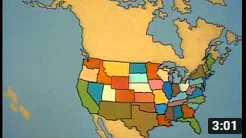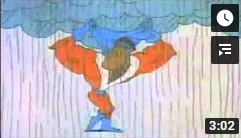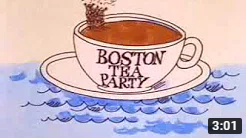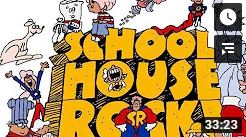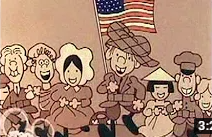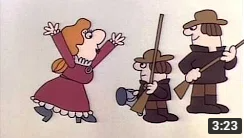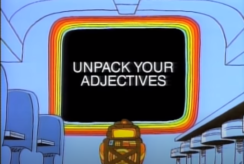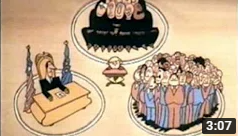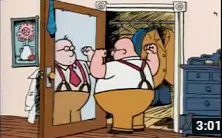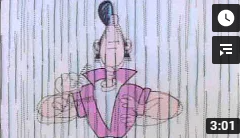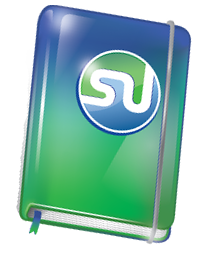Online Homeschooling Is Easier Than Ever
As a home educated kid myself, I know how much easier I have it than my mom! She read articles, joined groups, scoured expos and conventions for deals on curriculum; she was a trooper in the homeschooling world, pre-Pinterest. Today, most of that information is available at the click of a button. There are support groups I can join to get insight and great advice without ever leaving my house, and I can read reviews and get opinions from people all over the world with only a few mouse clicks.
It’s no surprise that this medium has lent itself so seamlessly to homeschooling. A wealth of information on anything has been condensed and made available in safe, reliable formats to help you educate your kids in exciting ways, all while maintaining a level of involvement that you’re most comfortable with. We’ve used this method on and off over the years and loved the flexibility it has afforded us, while keeping a high standard of education!
Some Of Our Favorite Options
Khan Academy
Khan Academy is a fantastic homeschool resource. It can be used as a homeschool supplement or as a complete course. This secular is most famous for its quality math lessons, but there is actually quite a wide variety of classes available! Students can study science, history, economics, fine arts, coding, and more.
Oh, and it’s completely free!
Easy Peasy All In One Homeschool
Another fantastic free option is Easy Peasy All In One Homeschool. Easy Peasy offers Christian, online homeschool classes for free to support your home education adventure. Classes are available for preschool – 12 Students access the lessons through a student portal (EP Assignments) and just follow the directions. The courses are organized well laid out. The detailed syllabus is available online so you know exactly what to expect with each class.
Time 4 Learning
Time 4 Learning offers math, language arts, science, and social studies online homeschool classes for students in kindergarten – 12th grade. This program is self-paced so kids can work at their own speed. Time 4 Learning will teach and grade the assignments, but parents can monitor their child’s progress online.
The membership cost is $19.95 per month for the first child and $14.95 for each siblings.
Schoolhouse Teachers
Schoolhouse Teachers offers a wide variety of Christian homeschool options for the entire family. Courses are available for preschool – 12th grade. Class offerings include core subjects like language arts, math, science, and history as well as a ton of elective options. Each class is a little formatted a little differently. Some courses are taught online through videos and others require parental involvement. The courses that require parental support include the lesson plans to make it as easy as possible.
They charge $18.97 for a monthly family membership. Quarterly and annual memberships are also available.
Enjoy The Journey
These are just a few of the many online schooling options out there! There are several methods or styles of homeschooling and figuring out which one works for your family can take some trial and error, but the journey is so worth it! And the time with your kids is priceless!
Unsure where to start? Take our Homeschool Philosophy Quiz to get an idea what style suits you best.
Check out the other methods in our Homeschool Philosophy Spotlight Series.
***Make sure to join our How to Homeschool for Free Facebook Support Group for daily encouragement in your homeschooling journey!***
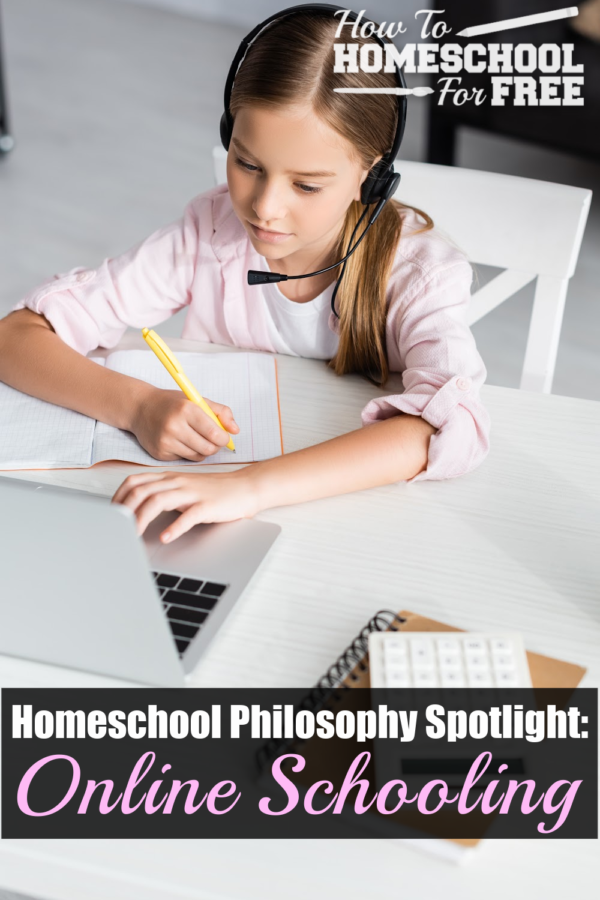


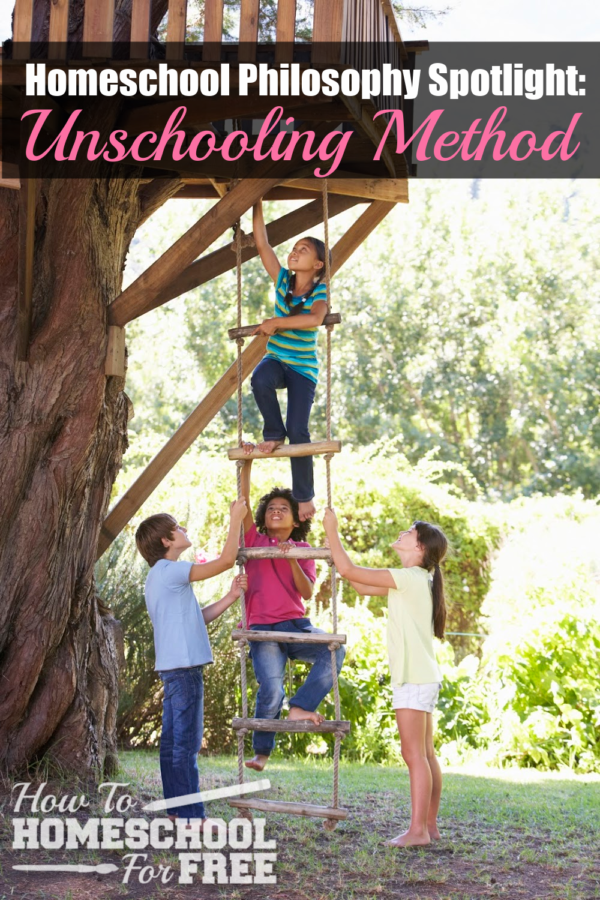



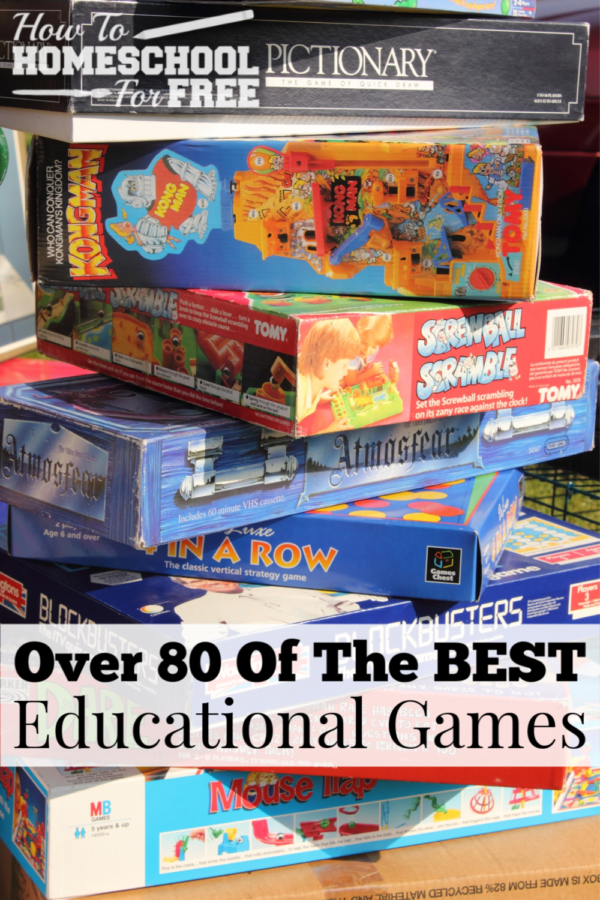
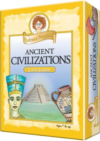
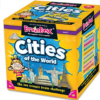
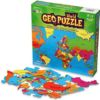
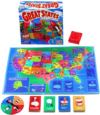






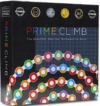
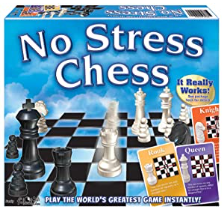
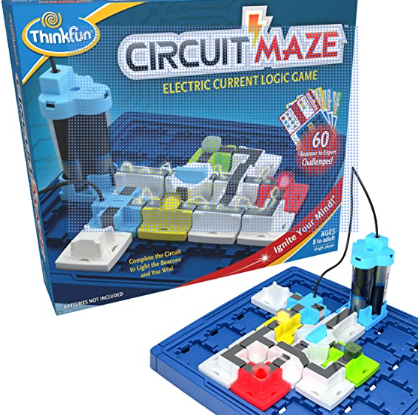
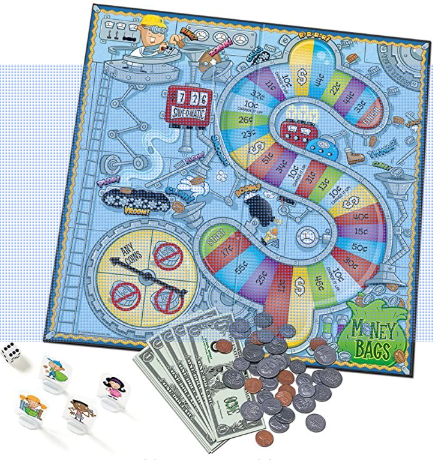
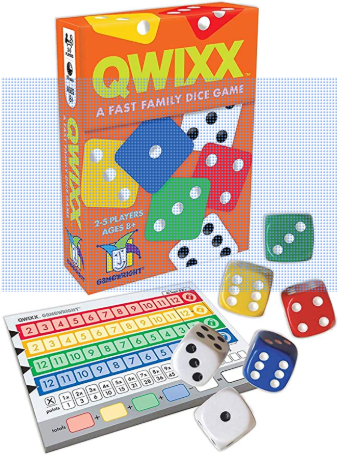
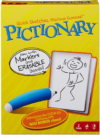
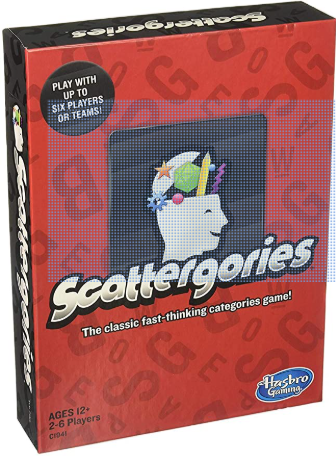
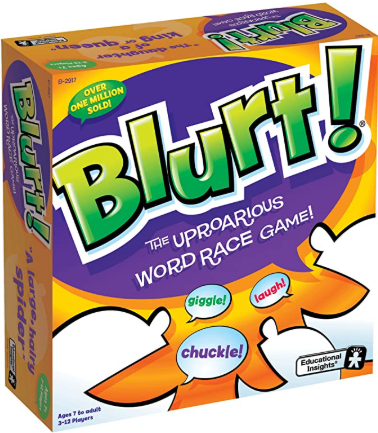
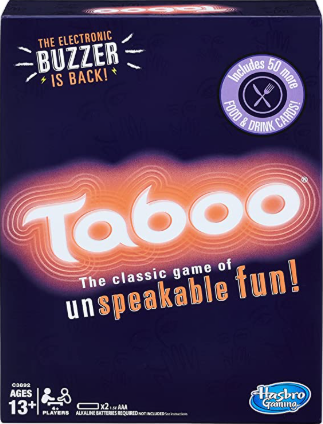

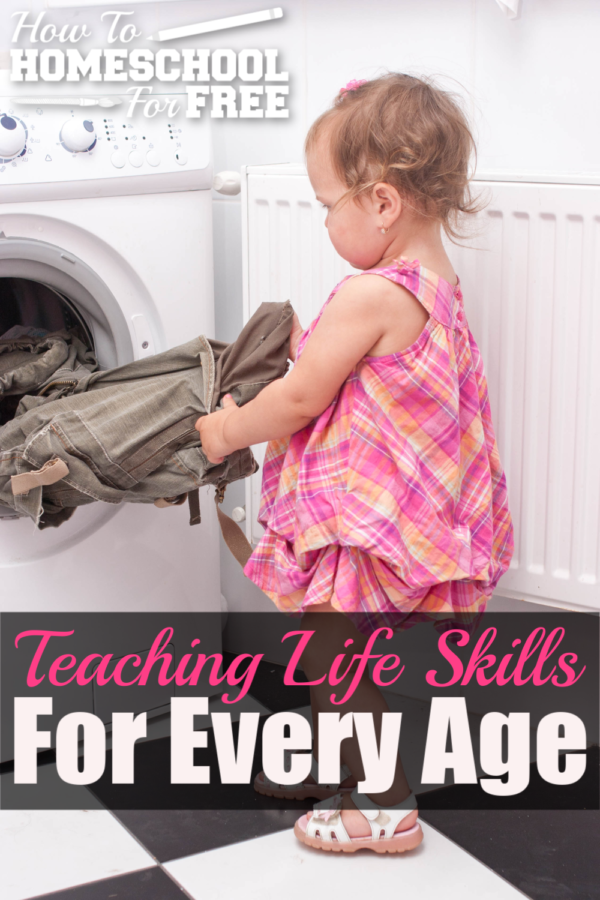
 Pin this post
Pin this post